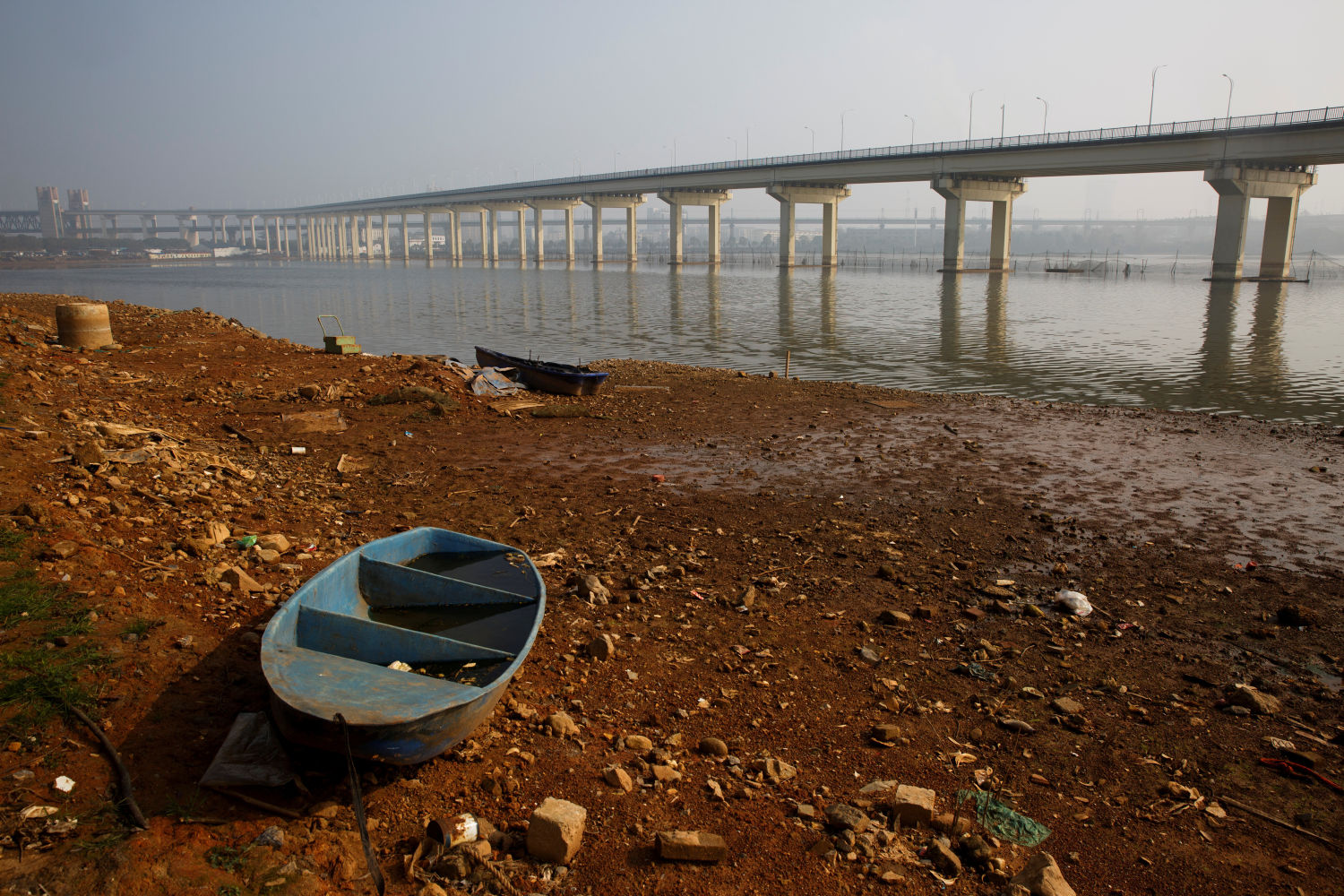(ATF) China has launched a crackdown on illegal sand mining operations on the Yangtze river, which have made large parts of central China more vulnerable to volatile weather.
Excessive operations on the Yangtze, which provides water for a third of the Chinese population, is believed to be responsible for the abnormally low levels of water during the winter drought season in recent years.
Sand mining in the river and its connecting lakes and tributaries has also affected shipping routes and made it harder for authorities to control summer floods.
According to a notice issued on March 15, the “comprehensive rectification” of mining activities on the Yangtze will help authorities improve flood control and ensure water supplies.
Local authorities have been ordered to draw up plans to regulate sand mining more effectively, and to ban or restrict operations in sensitive regions. They must also crack down heavily on illegal mining and take action against illegal gangs involved in the business.
However, the notice fell short of an outright ban, which is a lucrative source of income in a region already hit by a river-wide ban on fishing activities.
WINDFALL FROM SAND
Market analysts have been upbeat over mineral sands in 2021. Tim Huff, commodities analyst at Peel Hunt in London, said that while he has a “short-term forecast increases” for copper prices of 6% and zinc prices at 7%, mineral sands are expected to gain 18%.
He said ilmenite and rutile prices were looking particularly promising. Ilmenite is the most common ore from which titanium is extracted to produce high-performance alloys and abrasives. Rutile is also a source of titanium. In Asia, the major sources of the ores include China, India and Vietnam.
However, most sand mining in China is used for construction, which has boomed in the wake of the coronavirus pandemic.
“The Chinese government is providing heavy stimulus for regional spending on infrastructure projects following the emergence from the Covid-19 lockdown,” Chris Sleight, managing director of construction industry consultants Off-Highway Research, told a recent conference.
Mining is believed to have lowered the bed of the Poyang Lake – a Yangtze river flood outlet and one of the world’s largest sources of sand used in construction – by at least 20 metres. Large parts of the lake now dry up in winter.
With reporting by Reuters
























